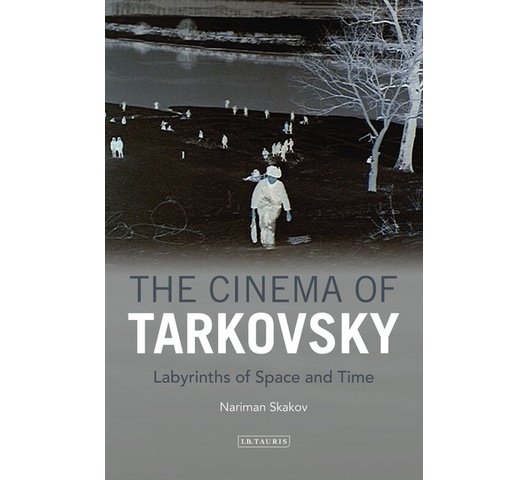
The Cinema of Tarkovsky
The phenomenon of time was a central preoccupation of Tarkovsky throughout his career. His films present visions of time by temporal means - that is, in time. Tarkovsky does not represent time through coherent argument, Nariman Skakov proposes, rather he presents it and the viewer experiences the argument. This book explores the phenomenon of spatio-temporal lapse in Tarkovsky's cinema - from Ivan's Childhood (1962) to Sacrifice (1986). Dreams, visions, mirages, memories, revelations, reveries and delusions are phenomena which present alternative spatio-temporal patterns; they disrupt the linear progression of events and create narrative discontinuity. Each chapter is dedicated to the discussion of one of Tarkovsky's seven feature films and in each, one of these phenomena functions as a refrain. Skakov discusses the influence of the flow of and lapses in space and time on the viewer's perception of the Tarkovskian cinematic universe.
He opens and closes his original and fascinating book on Tarkovsky's cinema by focusing on the phenomenon of time that is discussed extensively by the filmmaker in his main theoretical treatise Sculpting in Time, as well as in a number of interviews and public lectures.
He opens and closes his original and fascinating book on Tarkovsky's cinema by focusing on the phenomenon of time that is discussed extensively by the filmmaker in his main theoretical treatise Sculpting in Time, as well as in a number of interviews and public lectures.
KES 5,018

International delivery
Free click & collect
| UPC | 9780857721198 |
|---|---|
| Author | Nariman Skakov |
| Pages | 280 |
| Language | English |
| Format | |
| Publisher | Bloomsbury Publishing |
| SKU | 9780857721198 |
None

